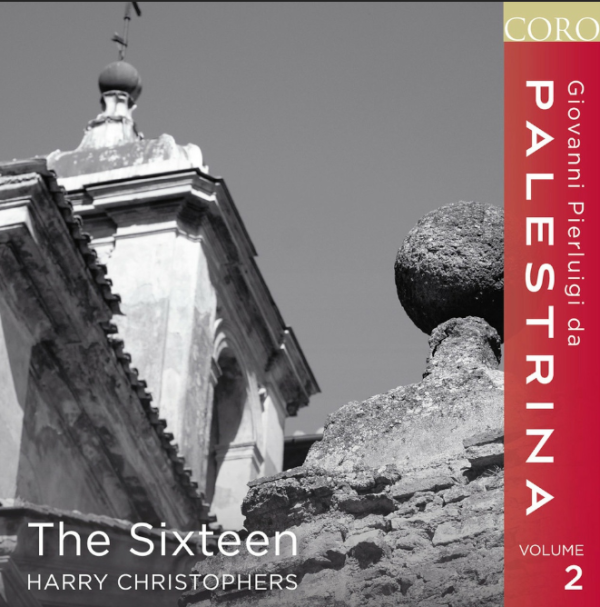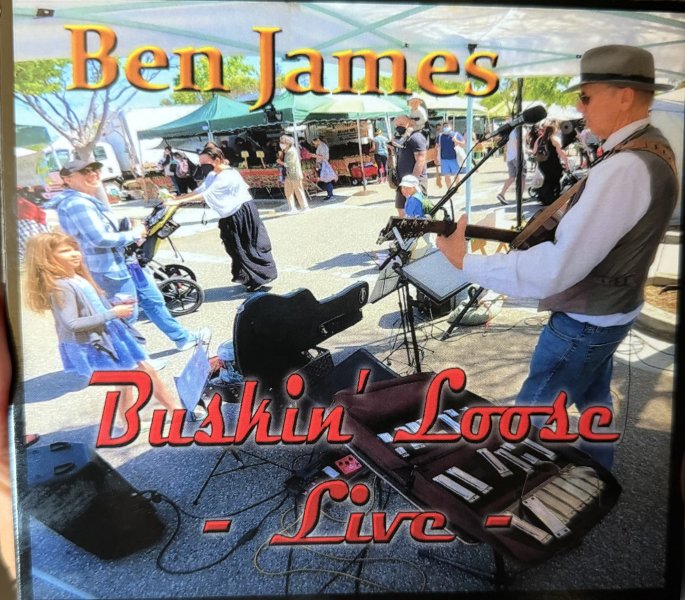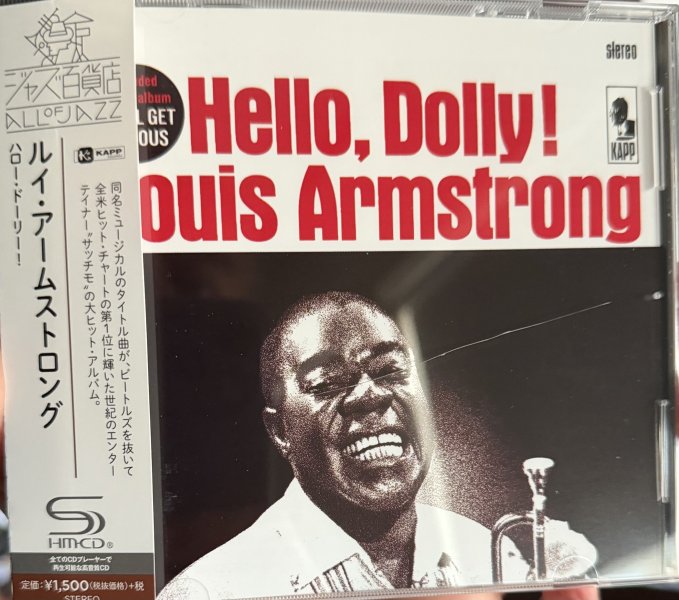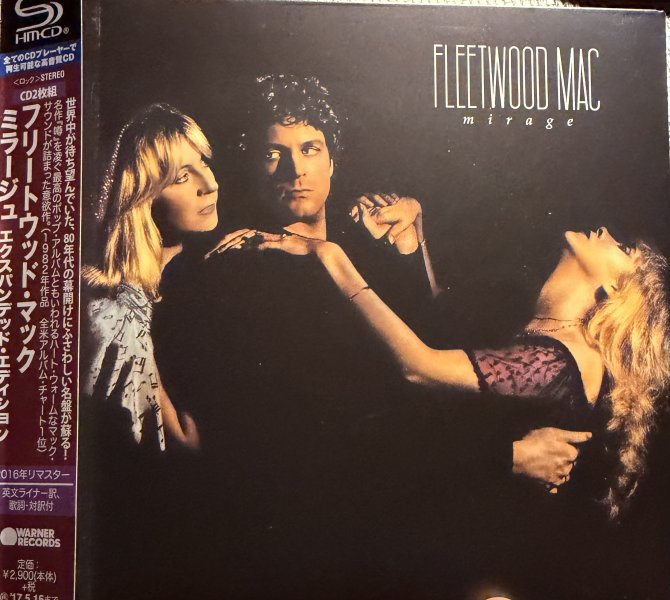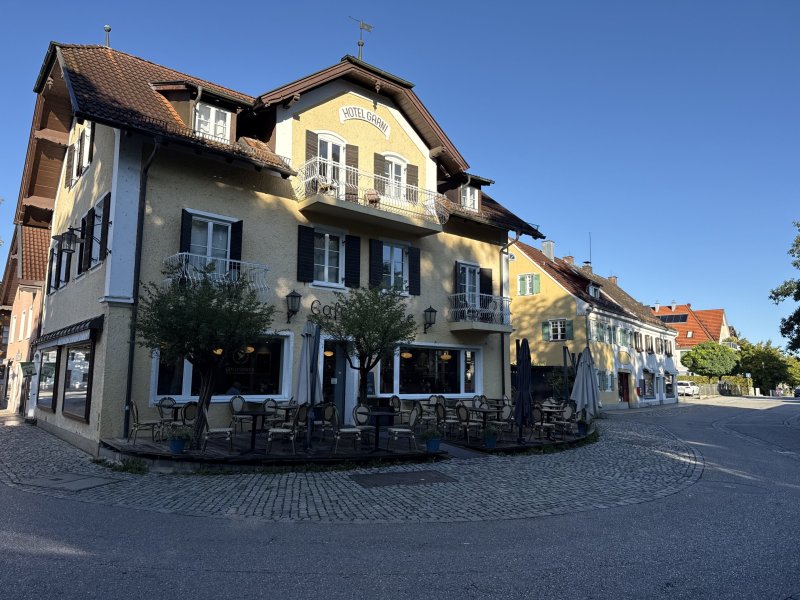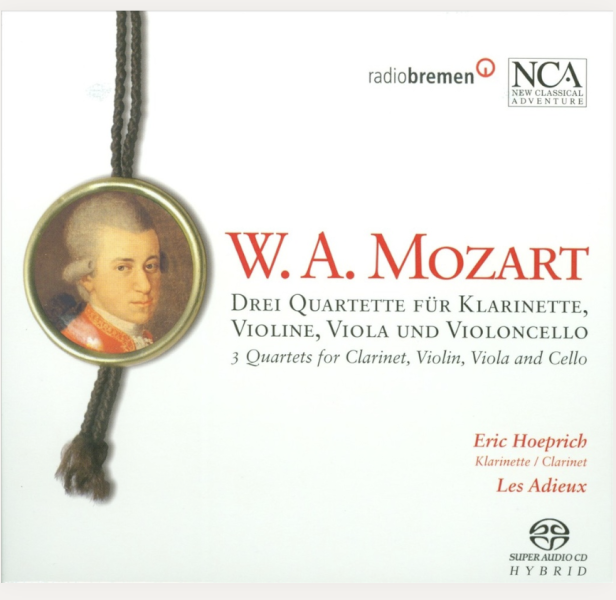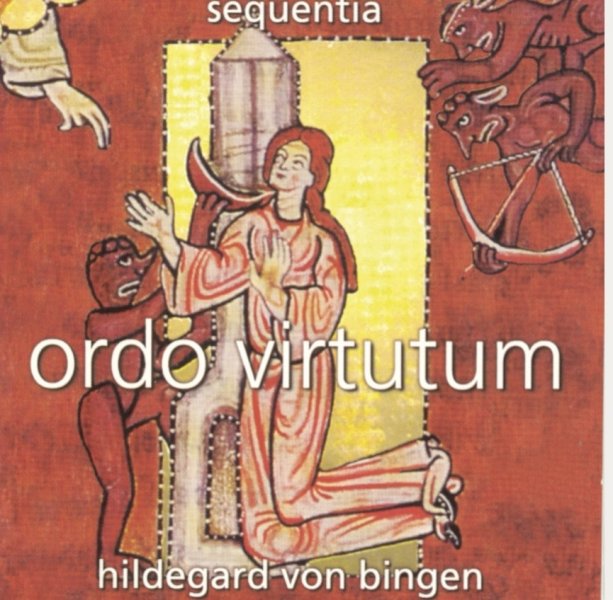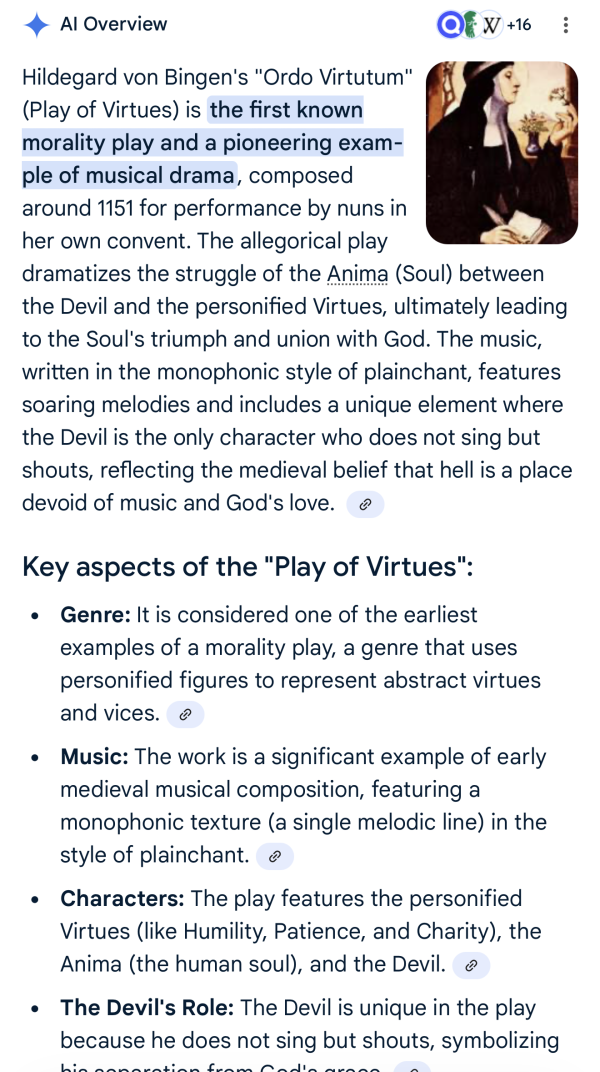Chamber music is not only wonderful to listen to, it’s also a really hard test for a loudspeaker. We are listening to clarinet trios featuring the Oslo Trio on DSD. The violin is on the left, the clarinet on the right and the piano is naturally balanced on the middle. Sounds simple to reproduce but any glare on the clarinet or violin sticks out like a sore thumb.
A loudspeaker has nowhere to hide, so to speak, when asked to reproduce such recordings. The SL G9/7c excels at this task because it is designed to minimize midrange colorations and is an extremely simple design — no crossover, one panel and the size gives it an ease that escapes smaller loudspeakers. Of course, it’s easy to say this, but it’s hard to execute such a simple design to perfection. The SL uses the laws of physics in its favor and doesn’t fight it, like box loudspeakers that have to deal with crossover issues and box coloration. The SL has neither a box nor a crossover, so you eliminate problems at the source.
It’s very much like my Tesla Model S. Unlike internal combustion engine cars, where you have spark plugs, timing belts, fuel and oil filter, transmission gear boxes etc., and a million things can go wrong, my Tesla has reduced the automobile to its barest essence. A large lithium battery pack, no gears and other than changing tires every 30,000 miles or so, there’s precious little that can go wrong. In the past six years I’ve owned my Tesla, it has needed no maintenance. I’ll drive it till I drop dead. It can go a million miles. I have unlimited supercharging, so there’s no fuel costs. Gas is really expensive in California.
Well, why doesn’t everyone rush out and buy a Tesla? You got me. Similarly why doesn’t everyone on WBF buy an SL? It’s the best investment an audiophile can make. But they don’t. They end up with highly colored moving coil box loudspeakers that have a zillion colorations due to the complexity of the design. Exactly like EVs vs. ICE cars. Humans are a strange bunch of creatures.

